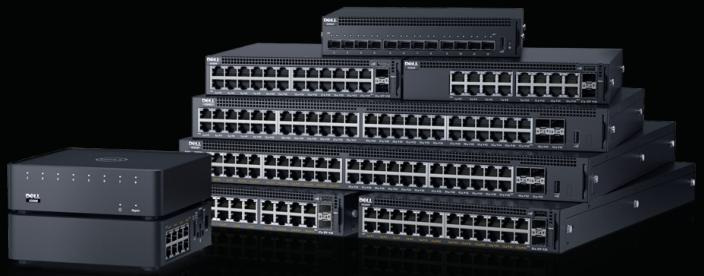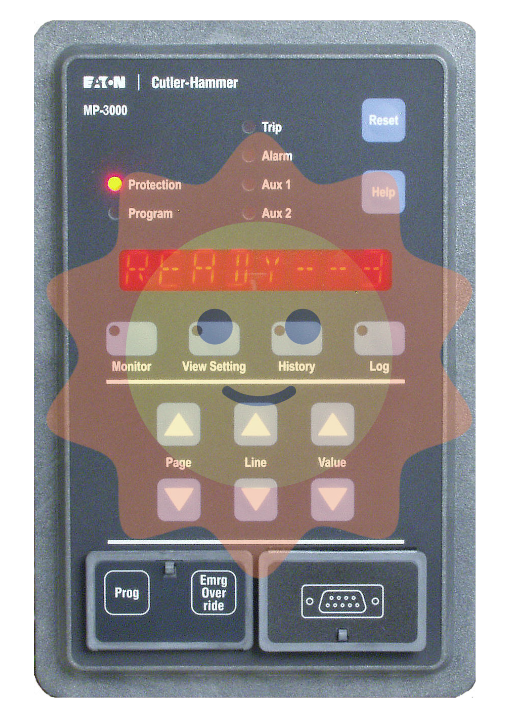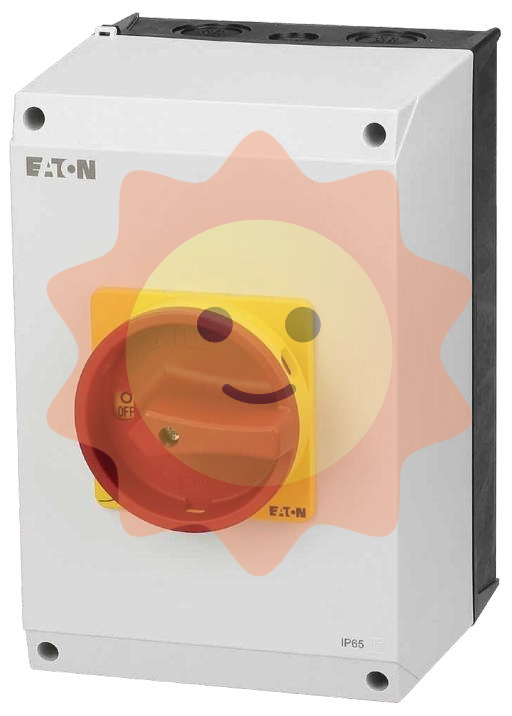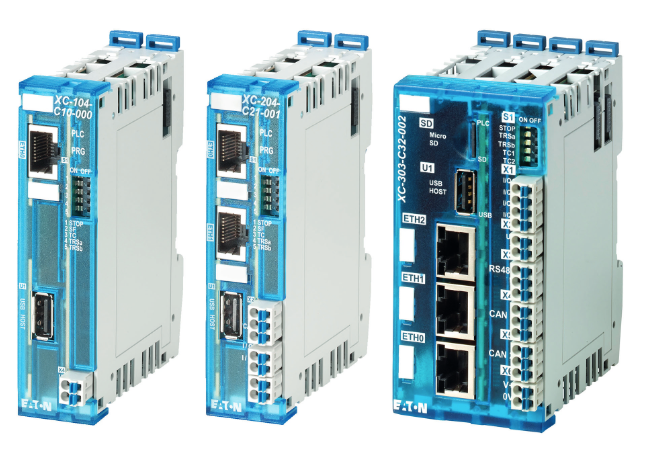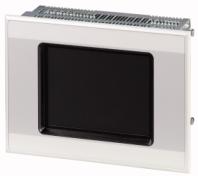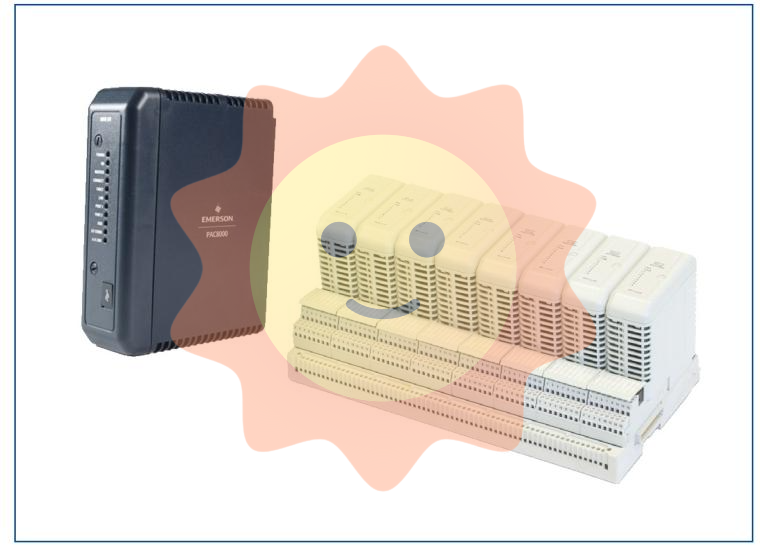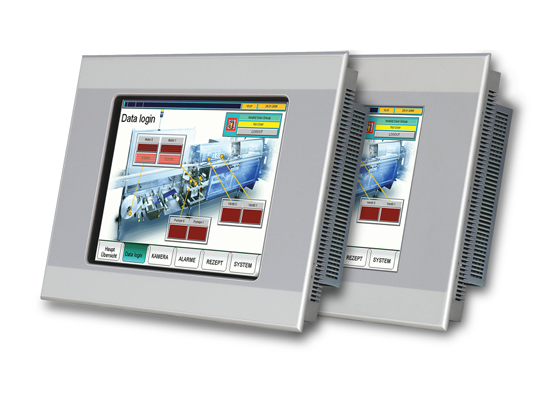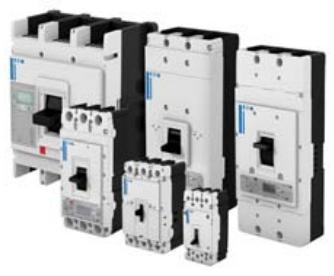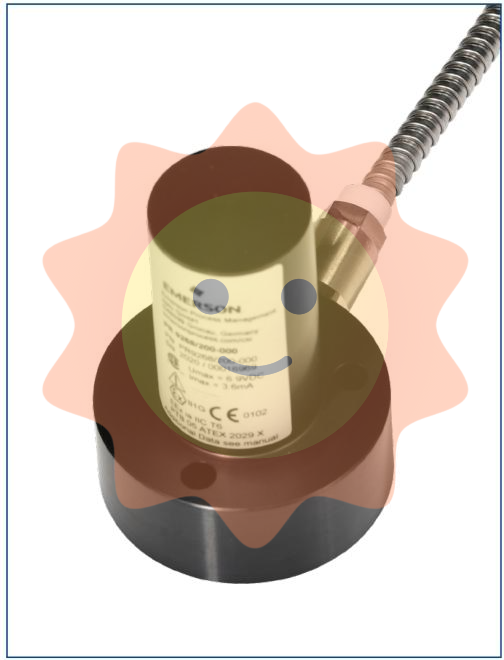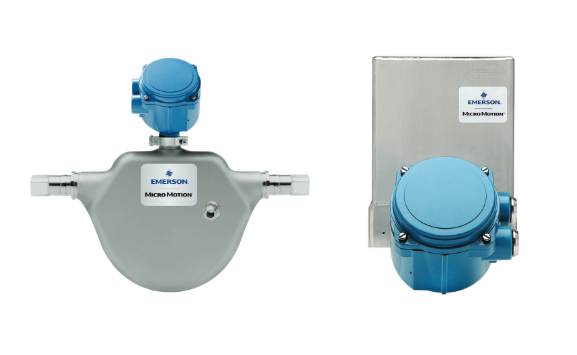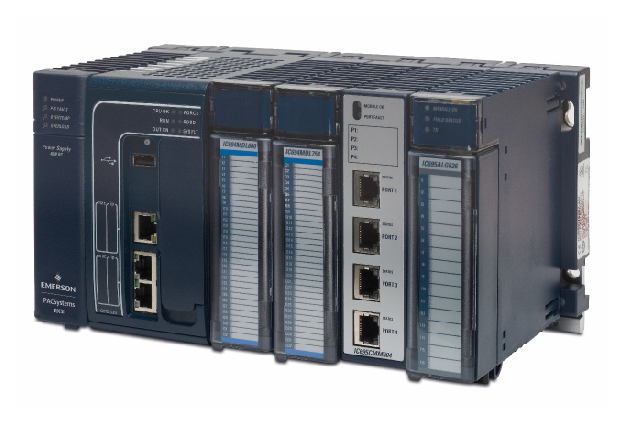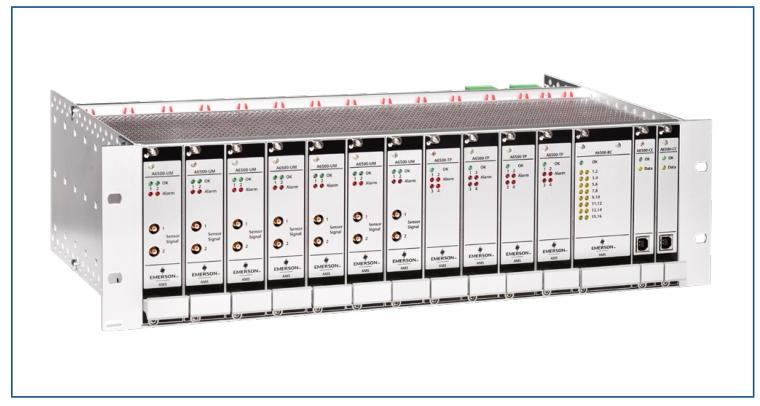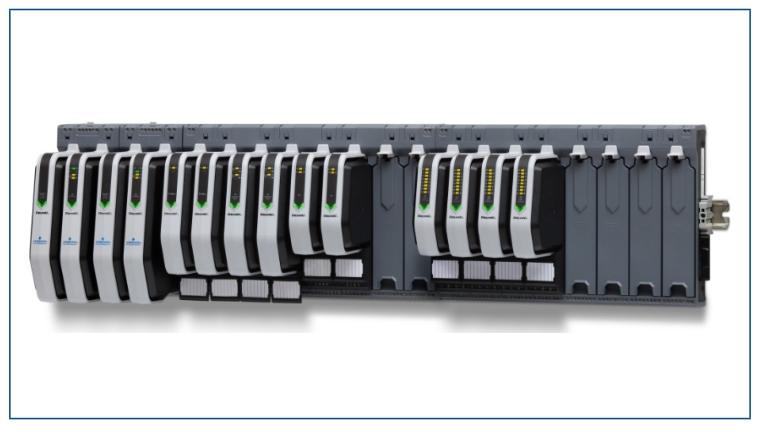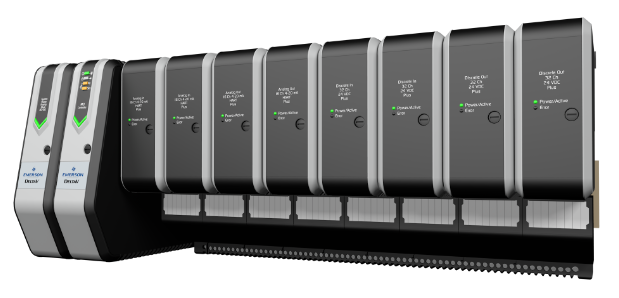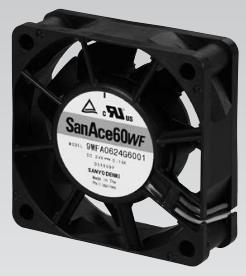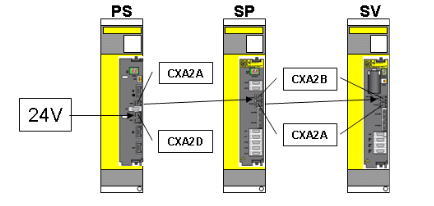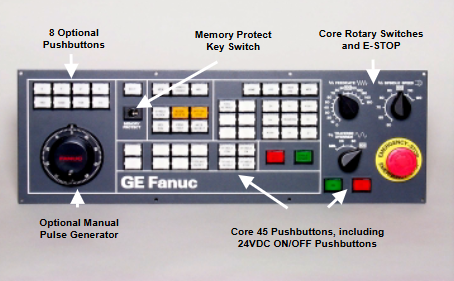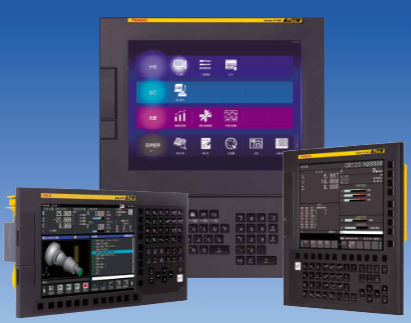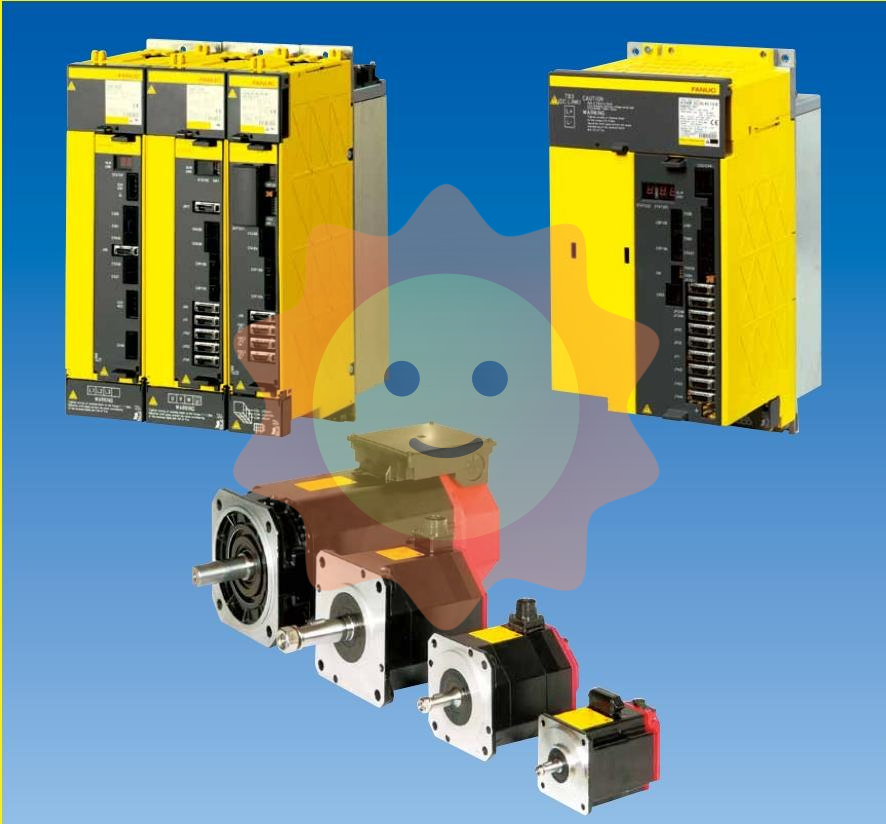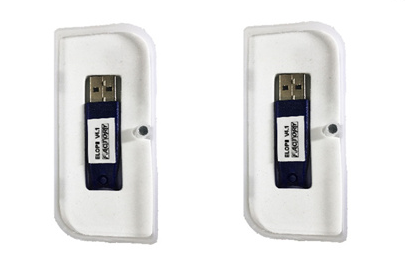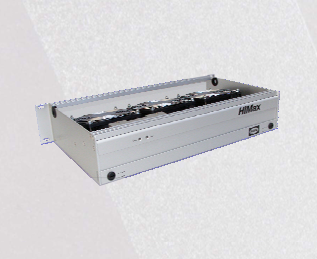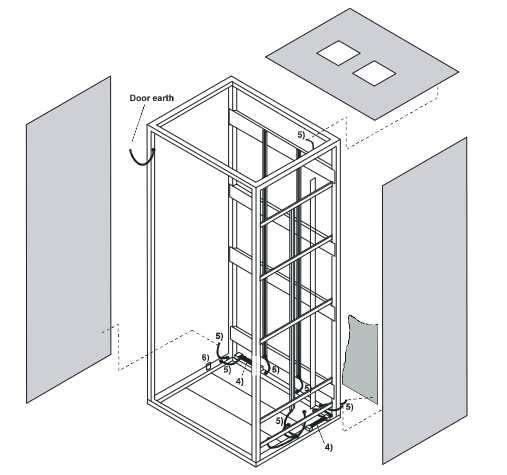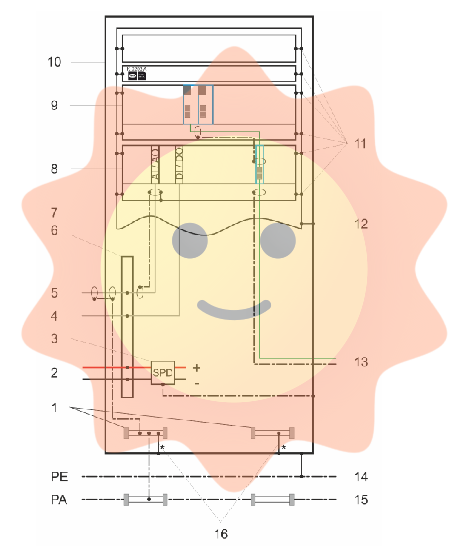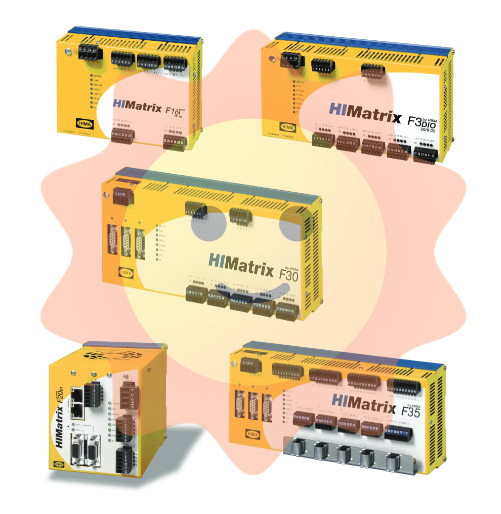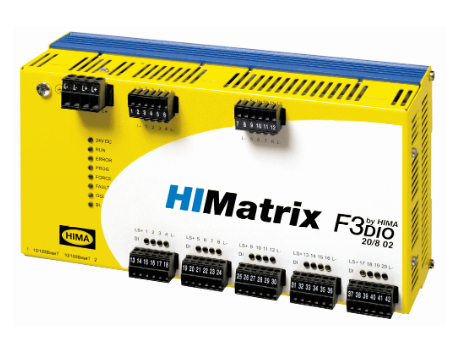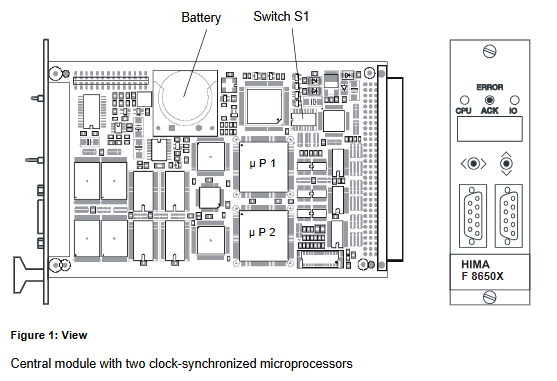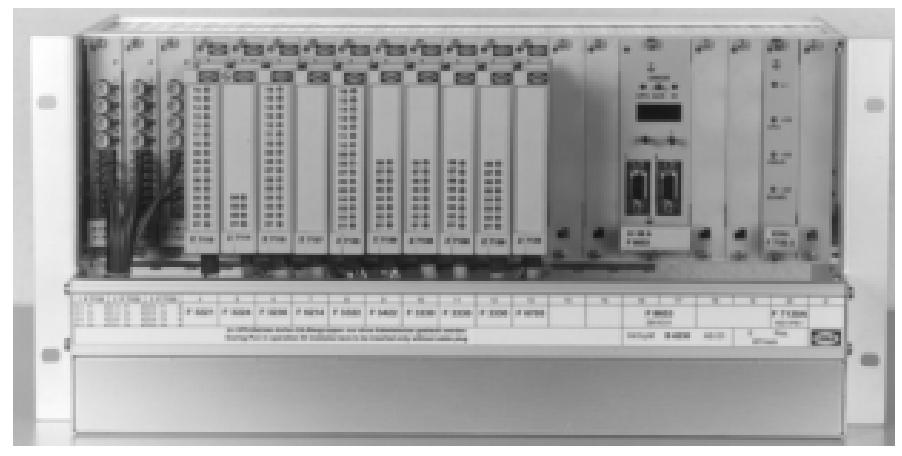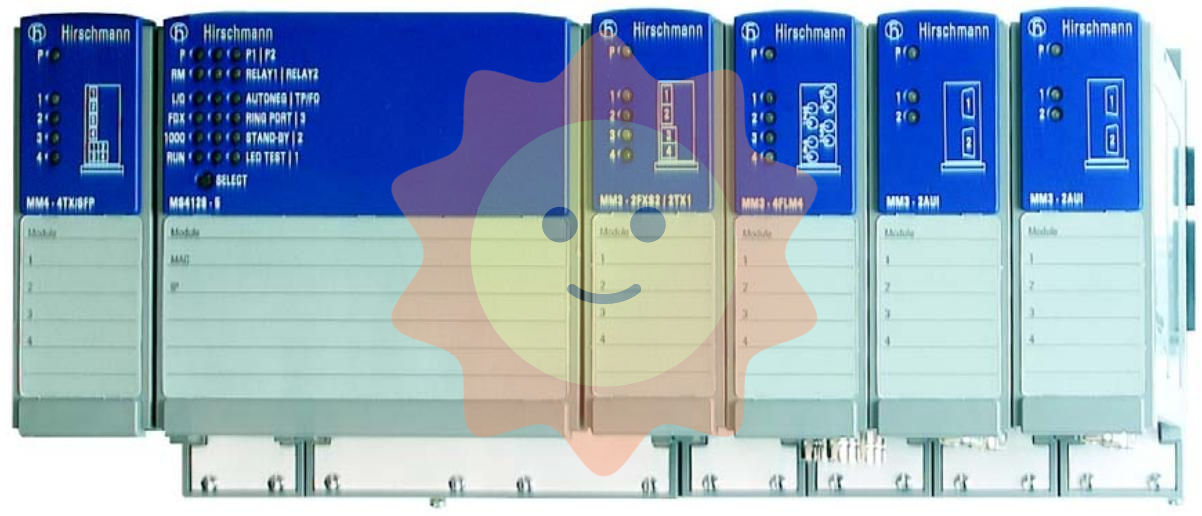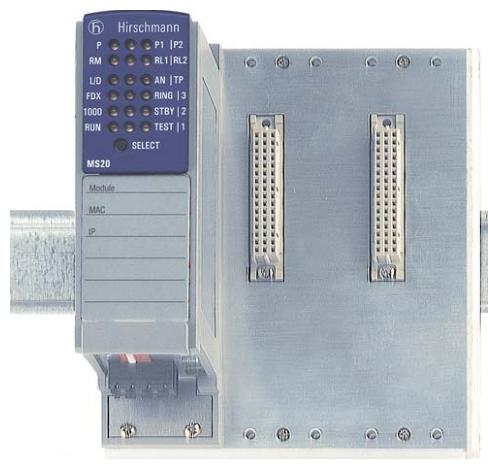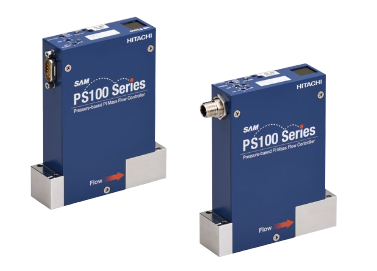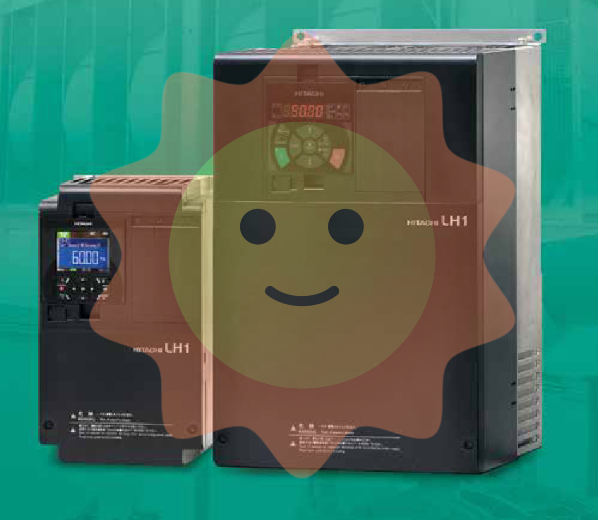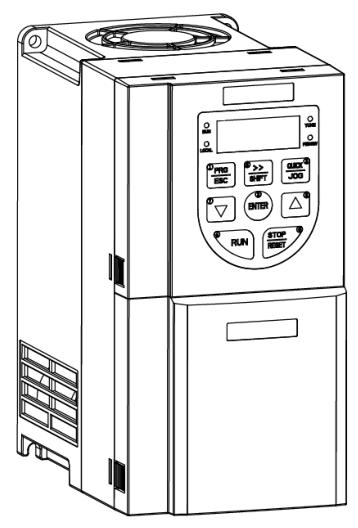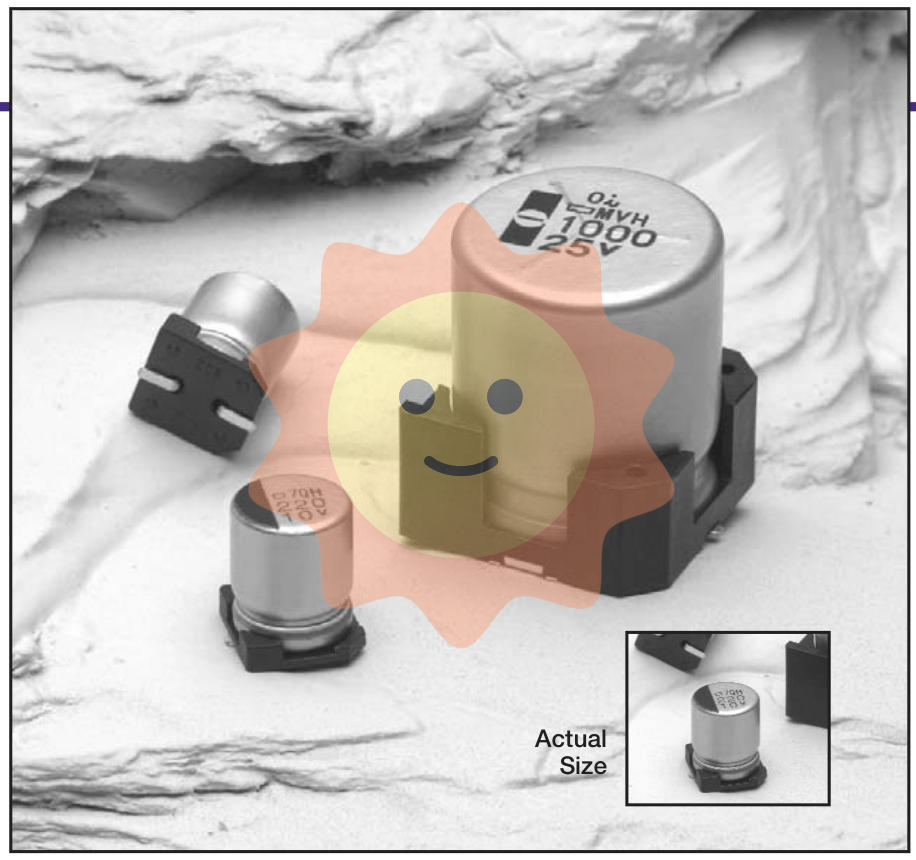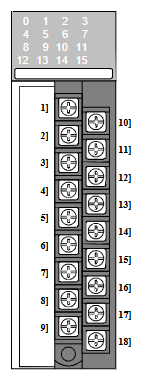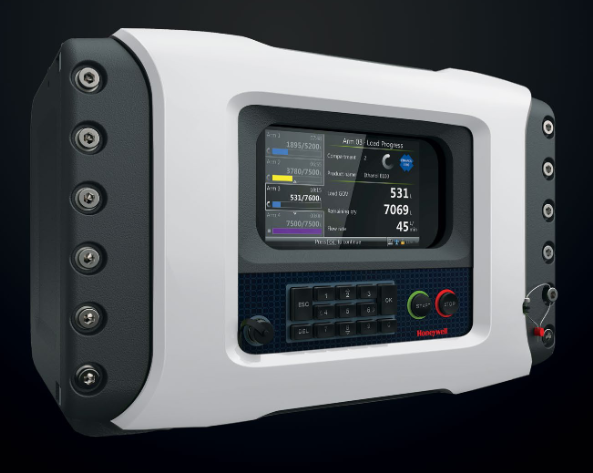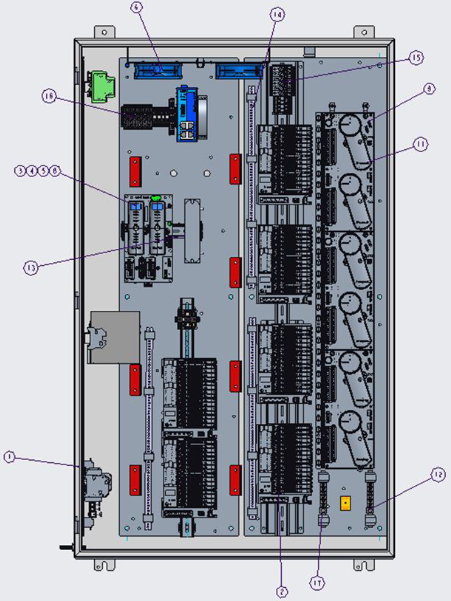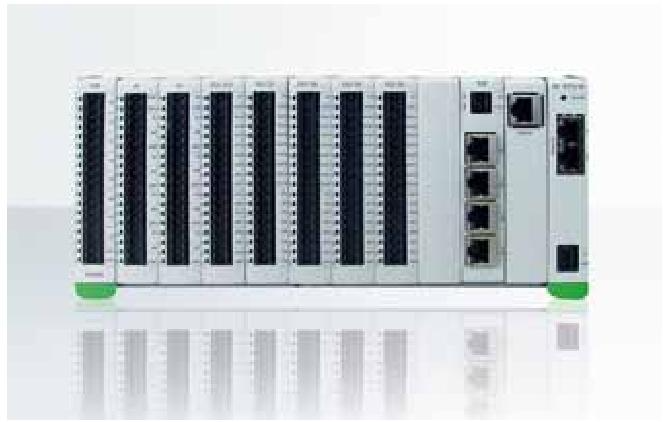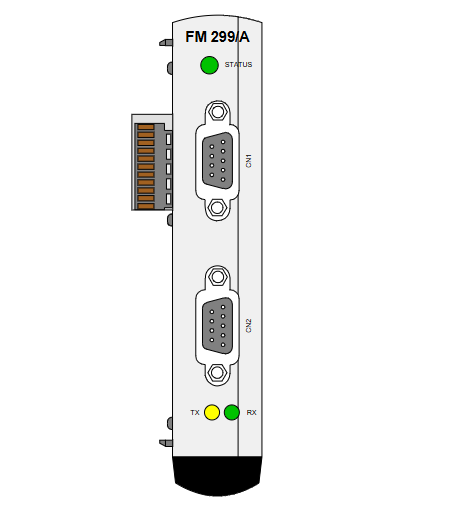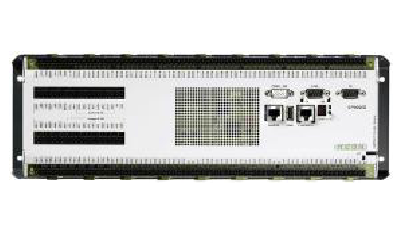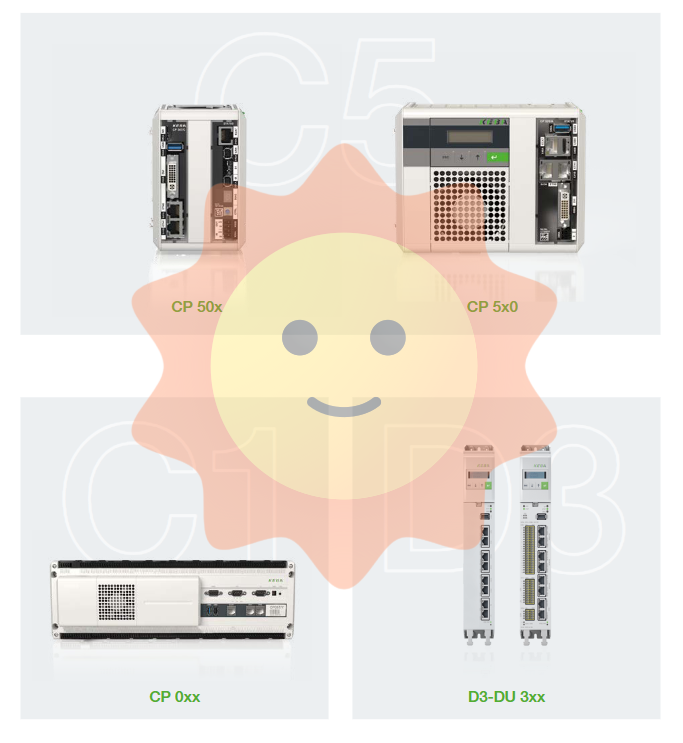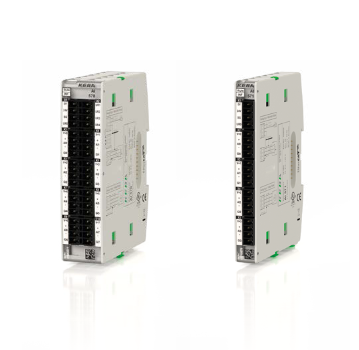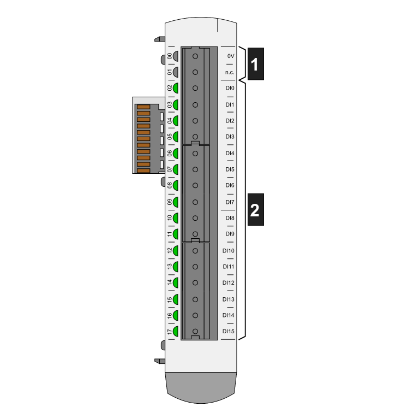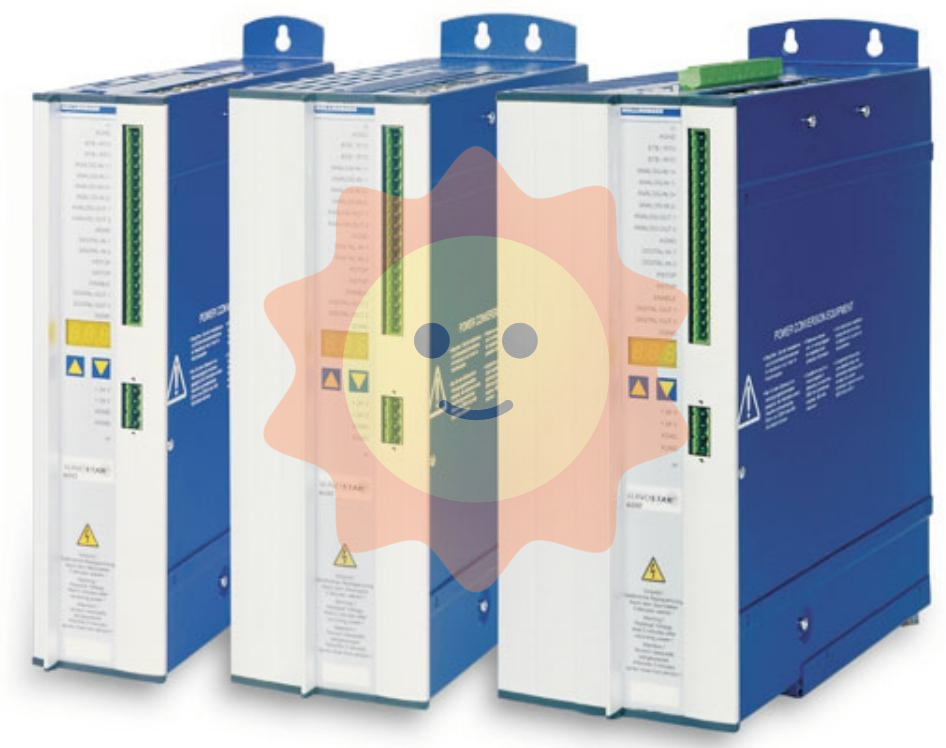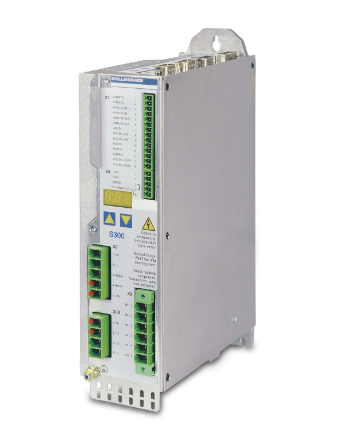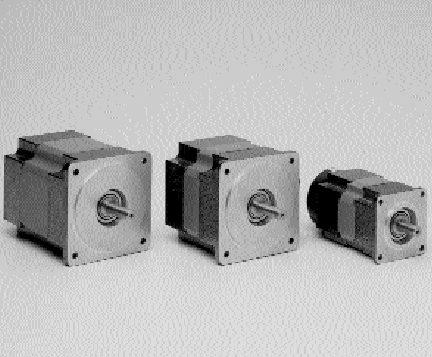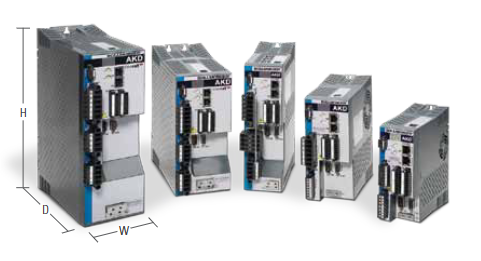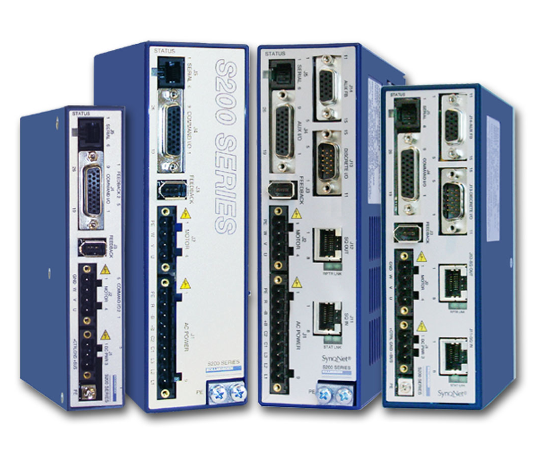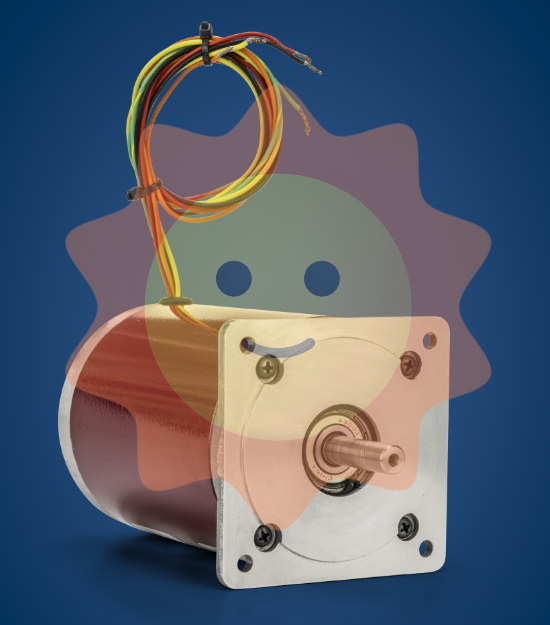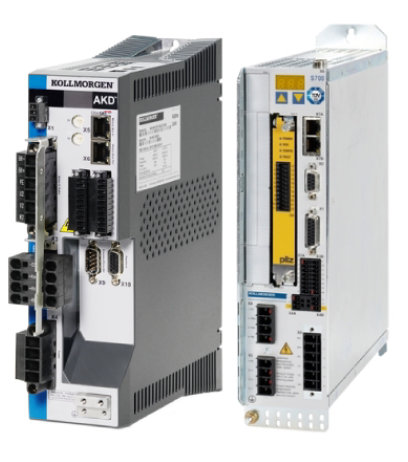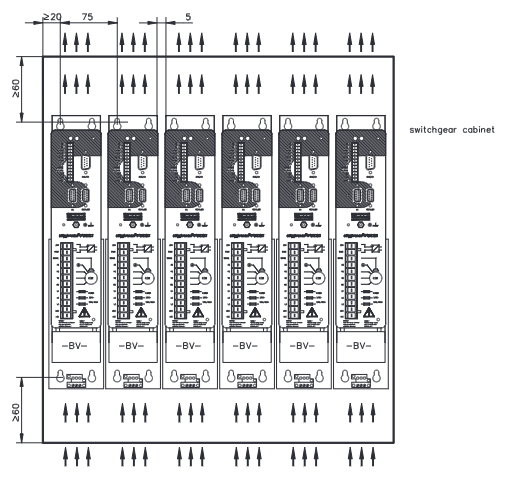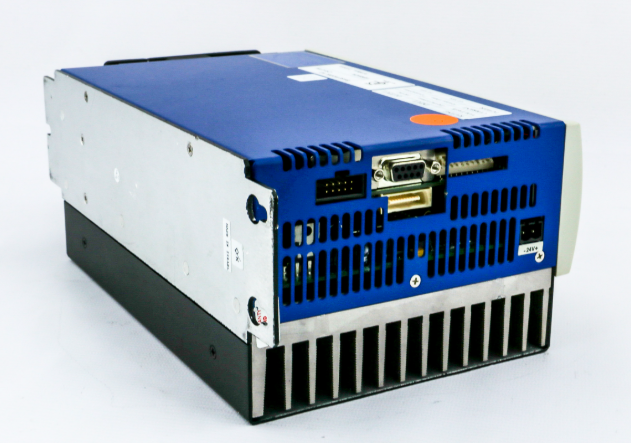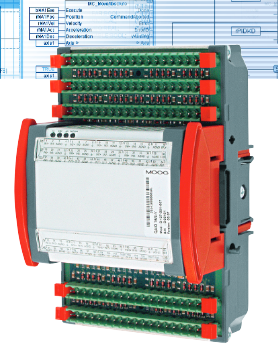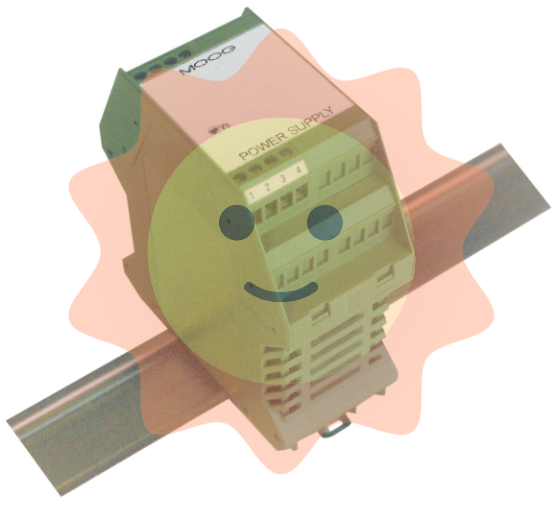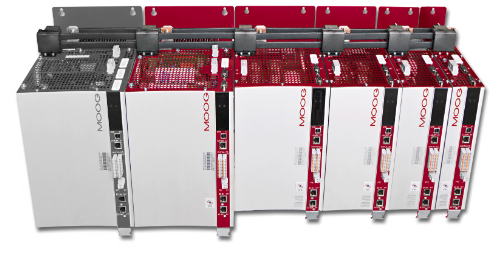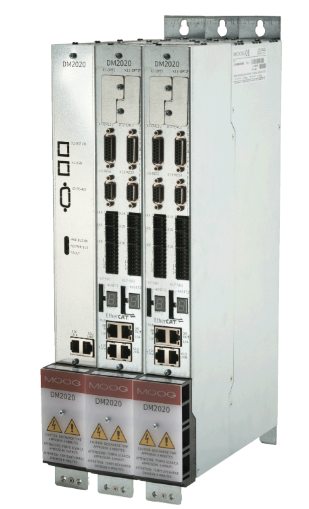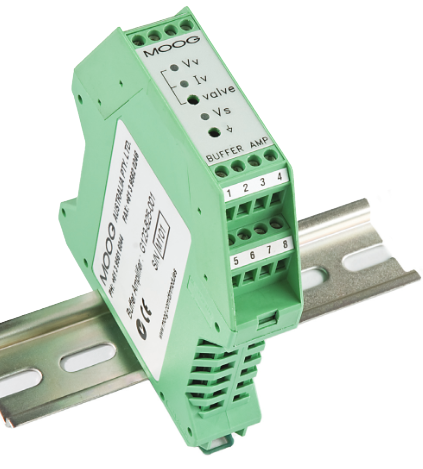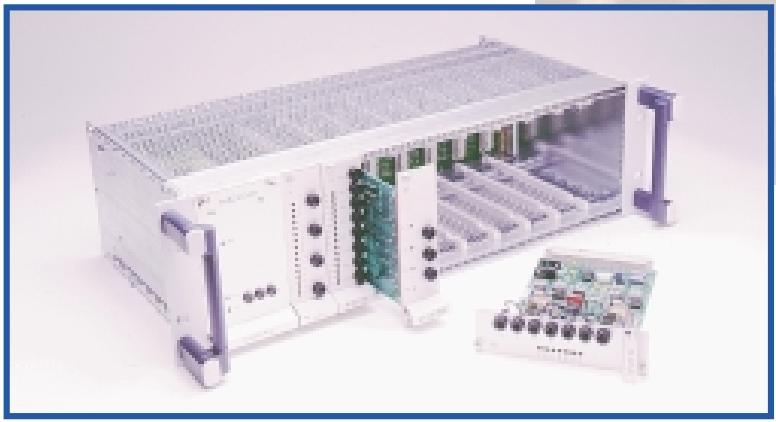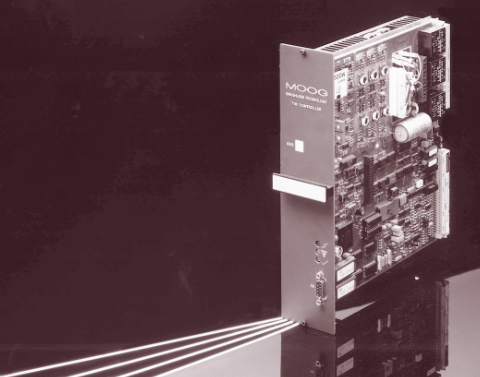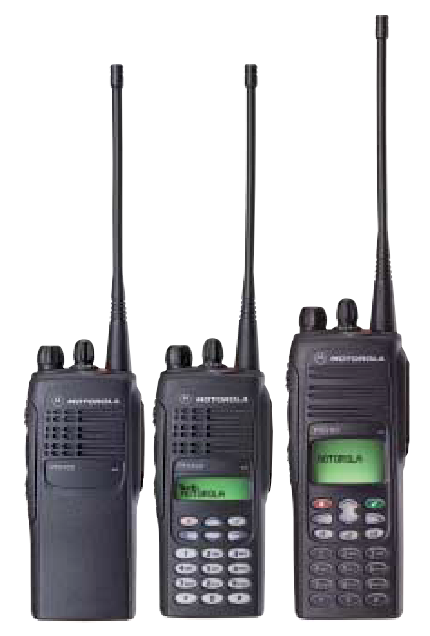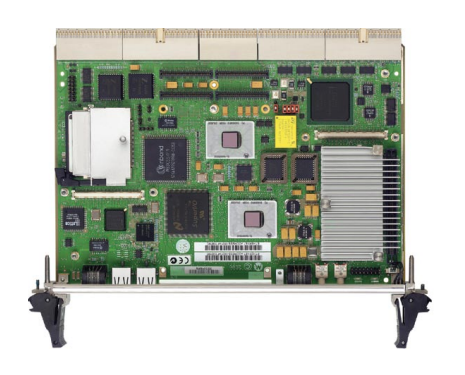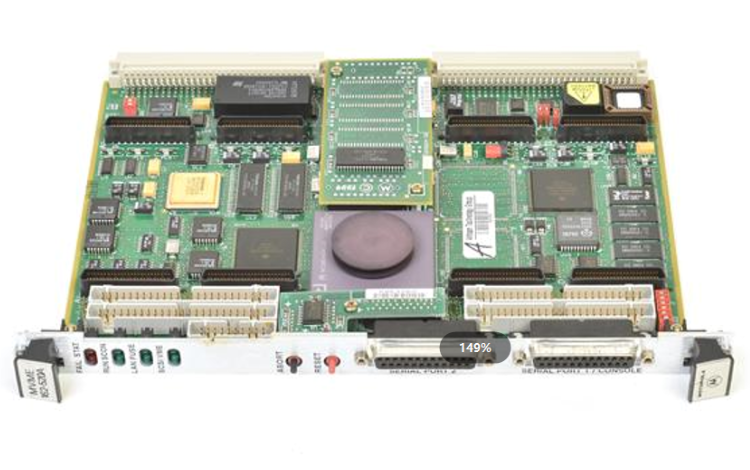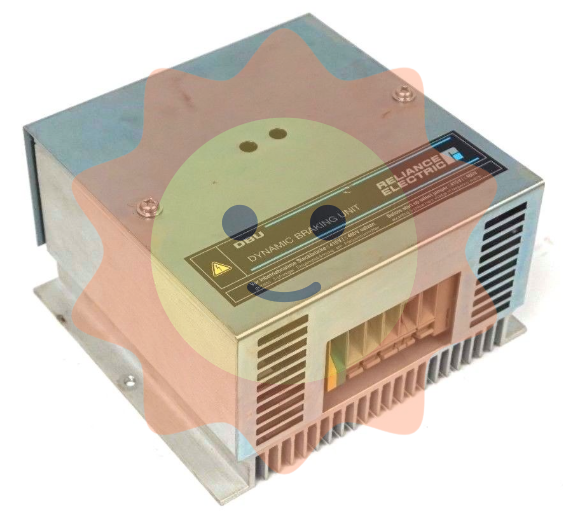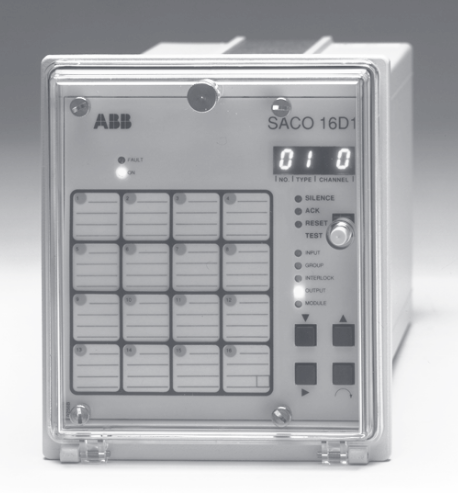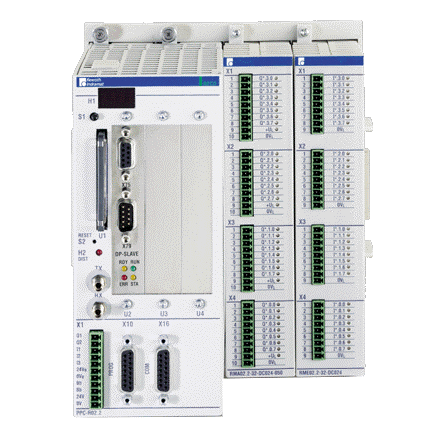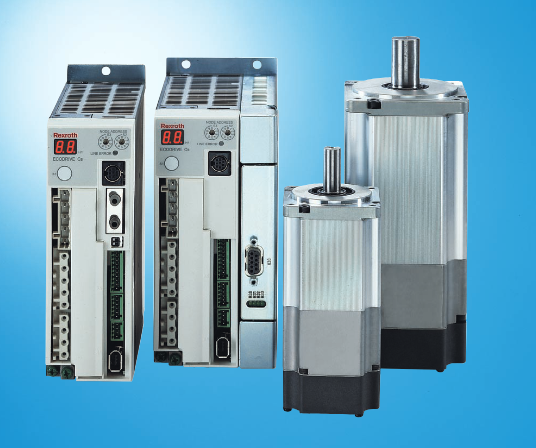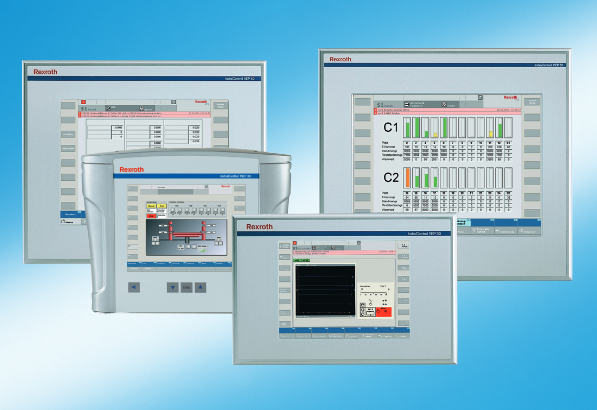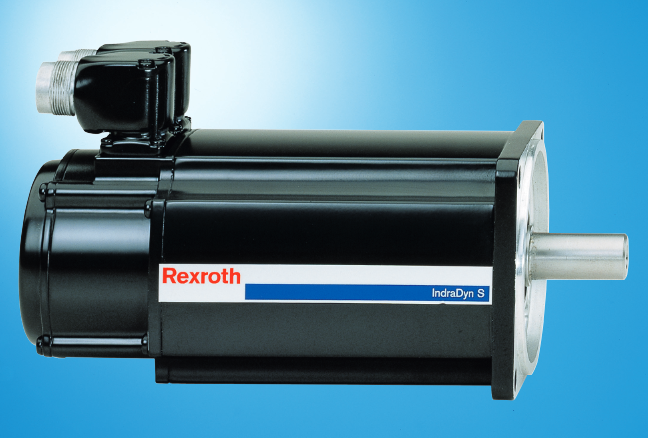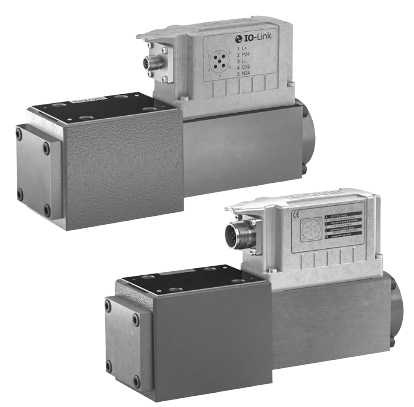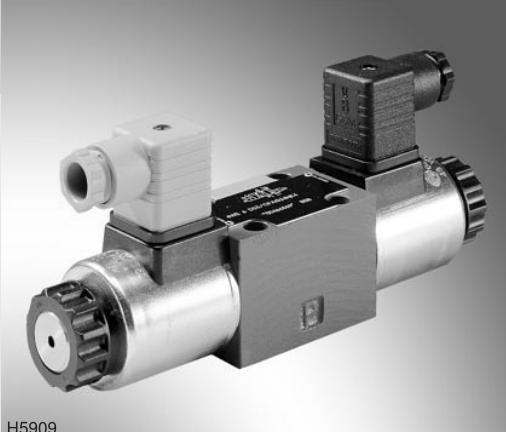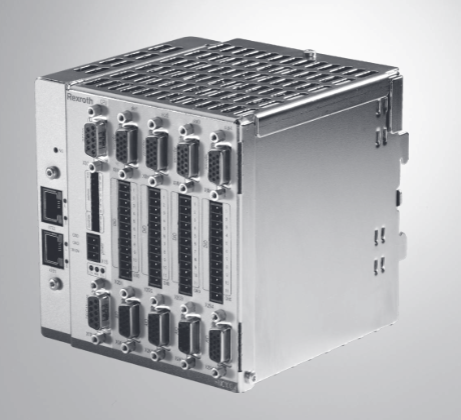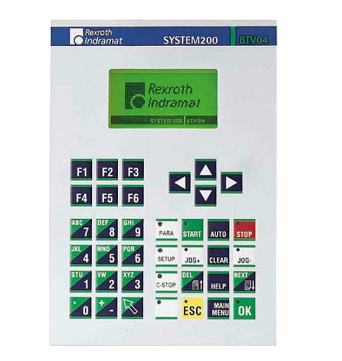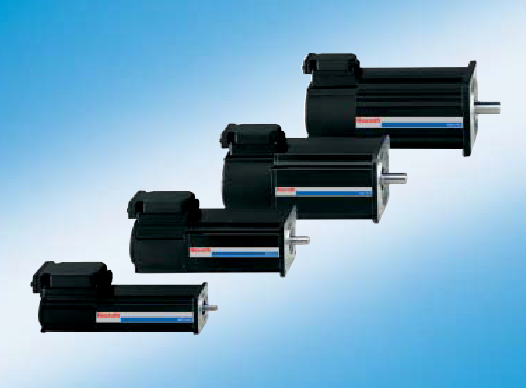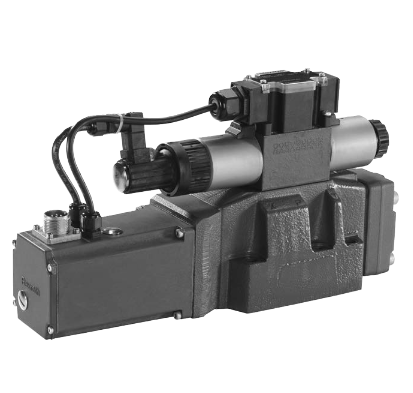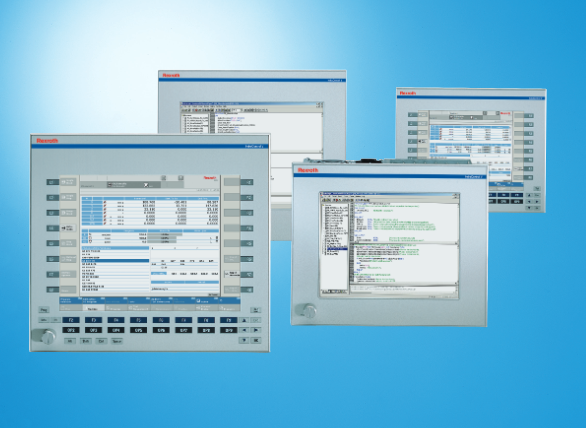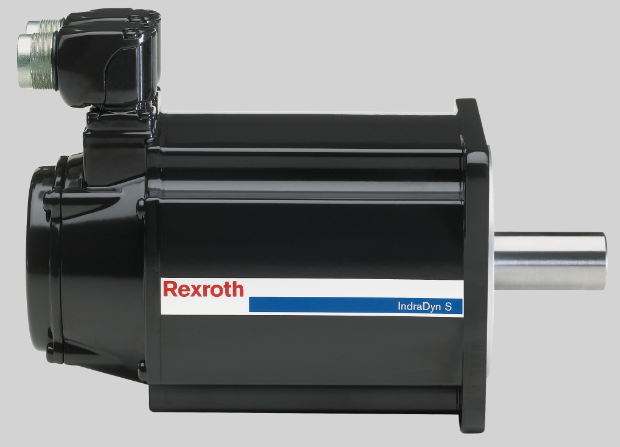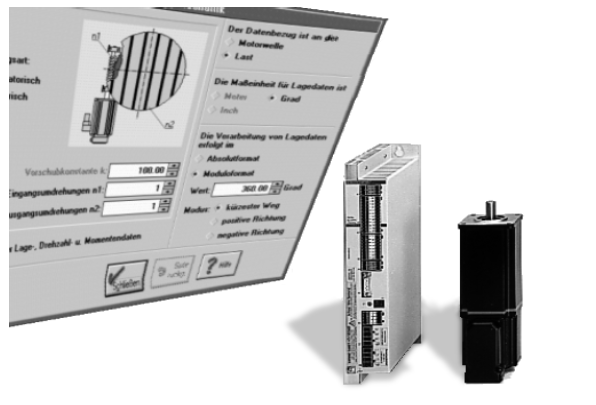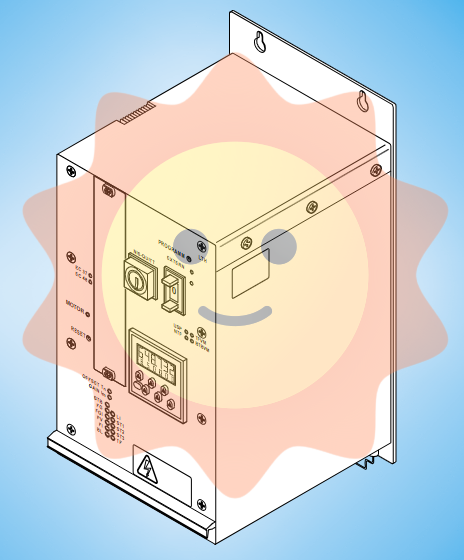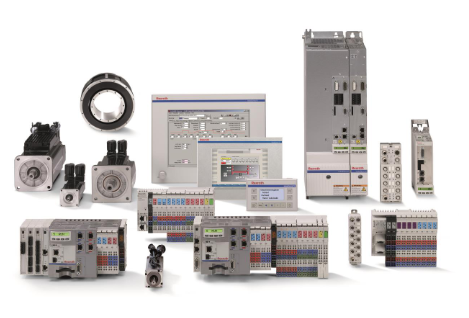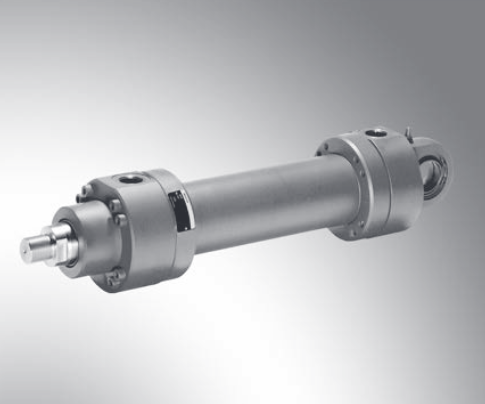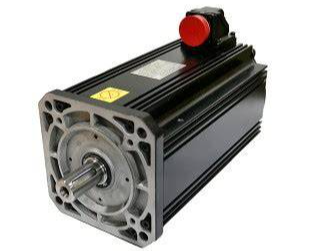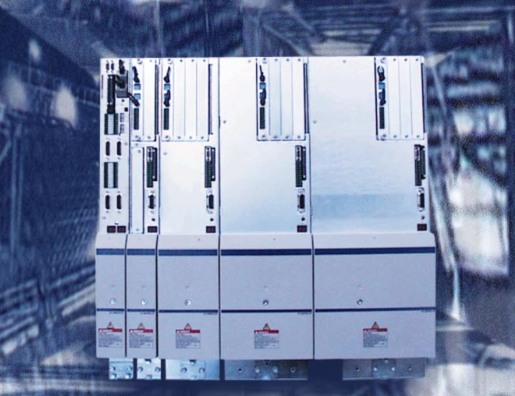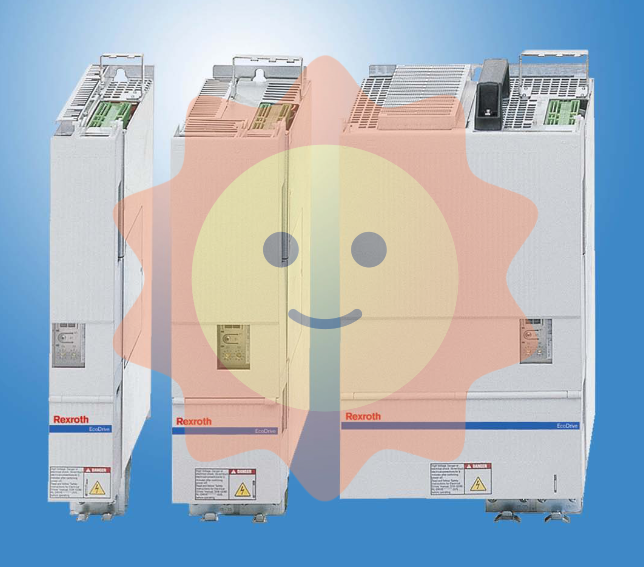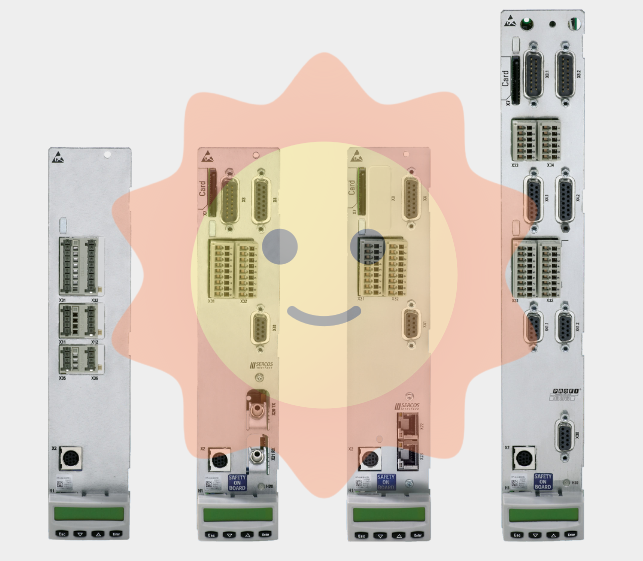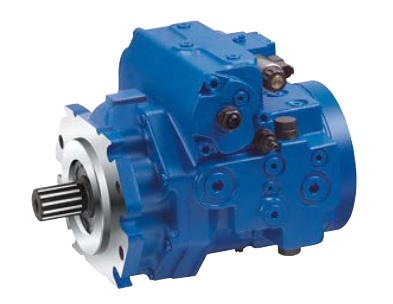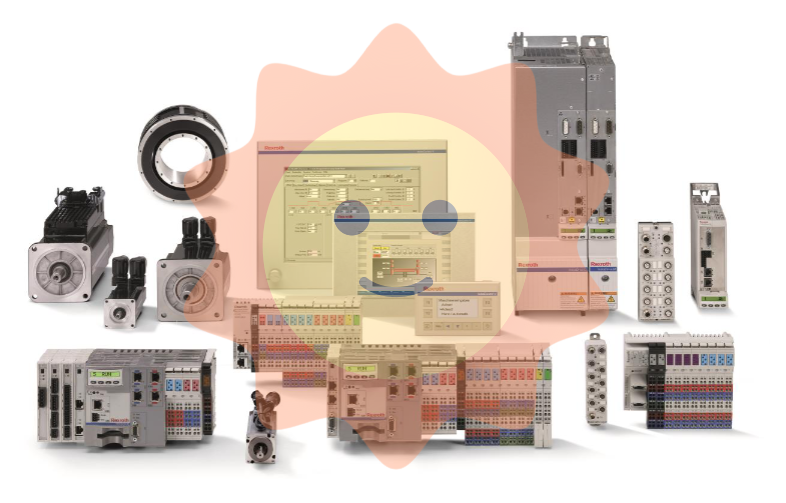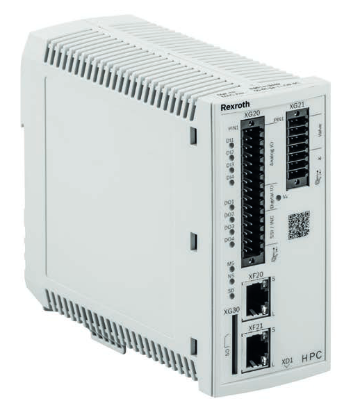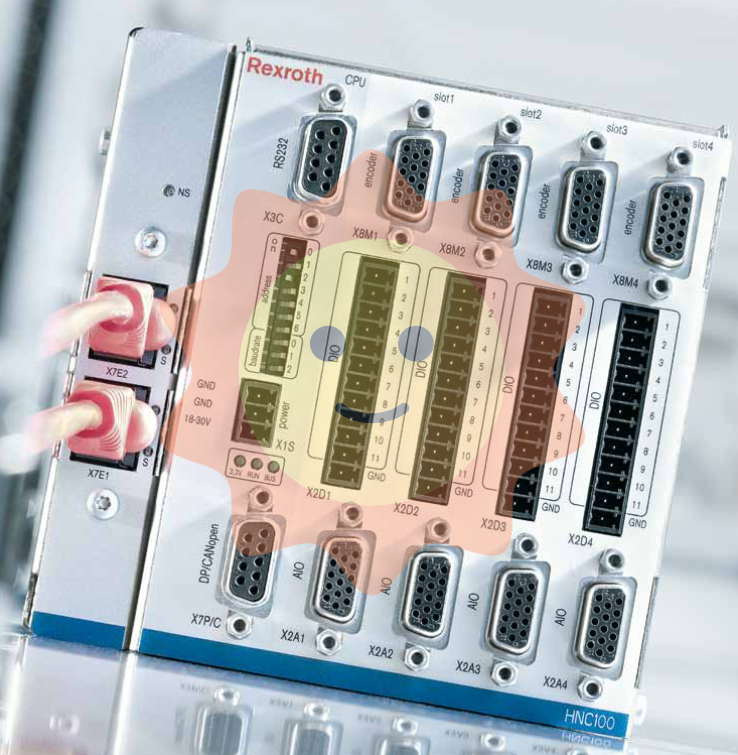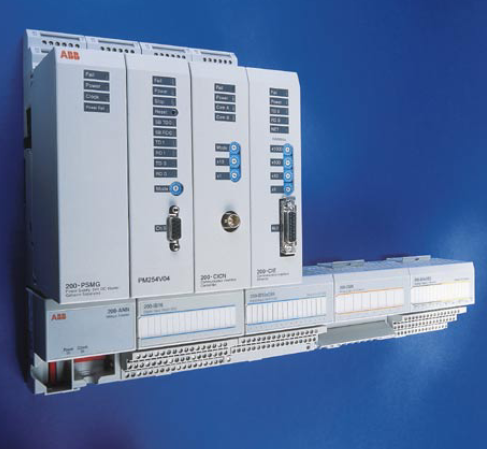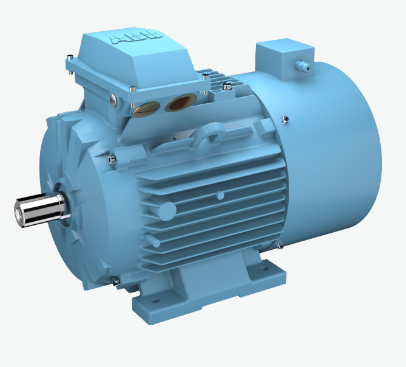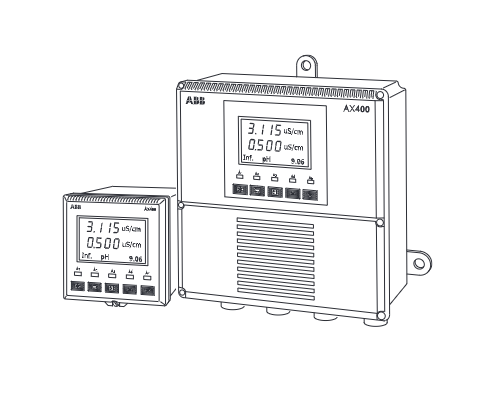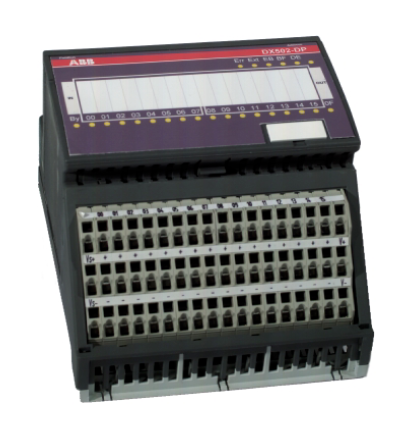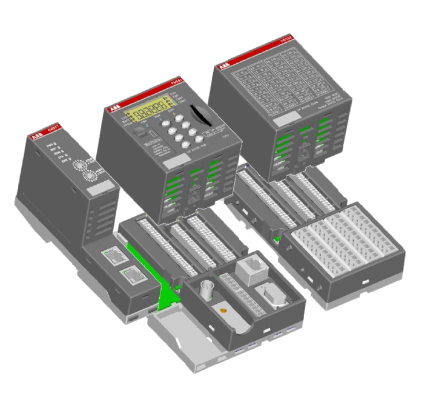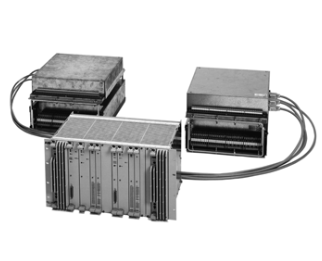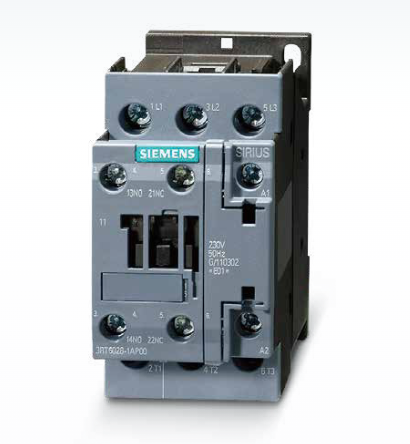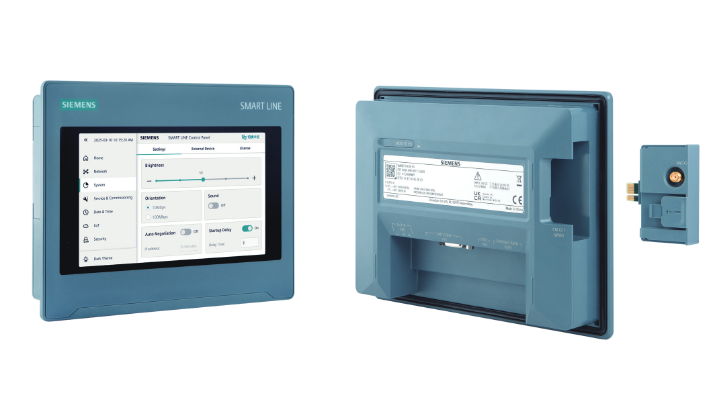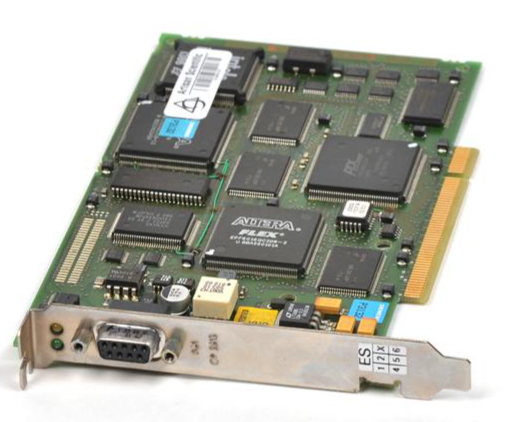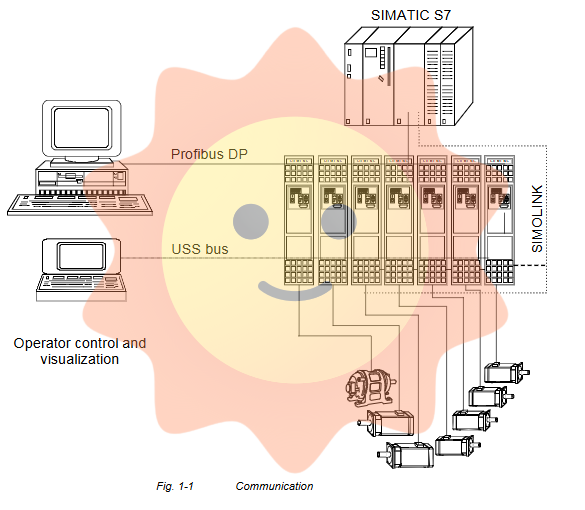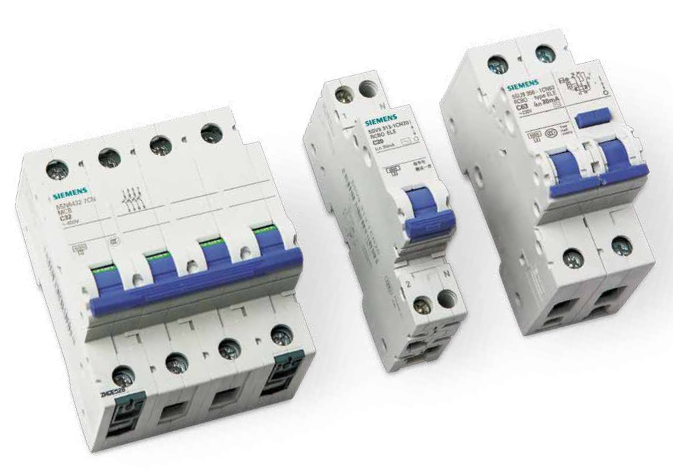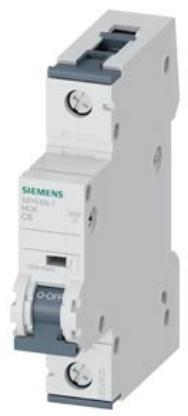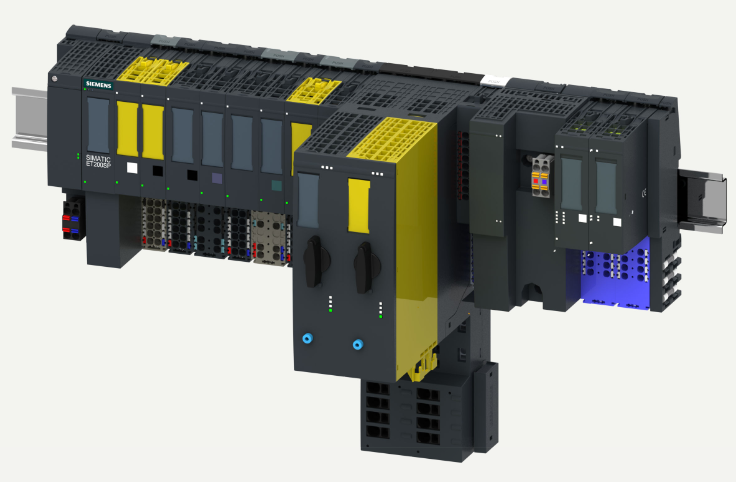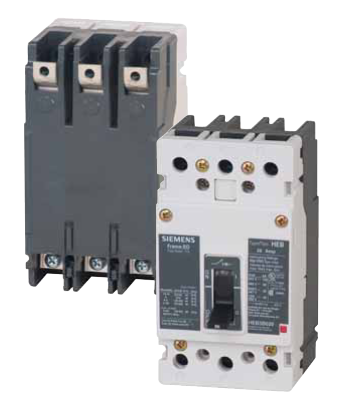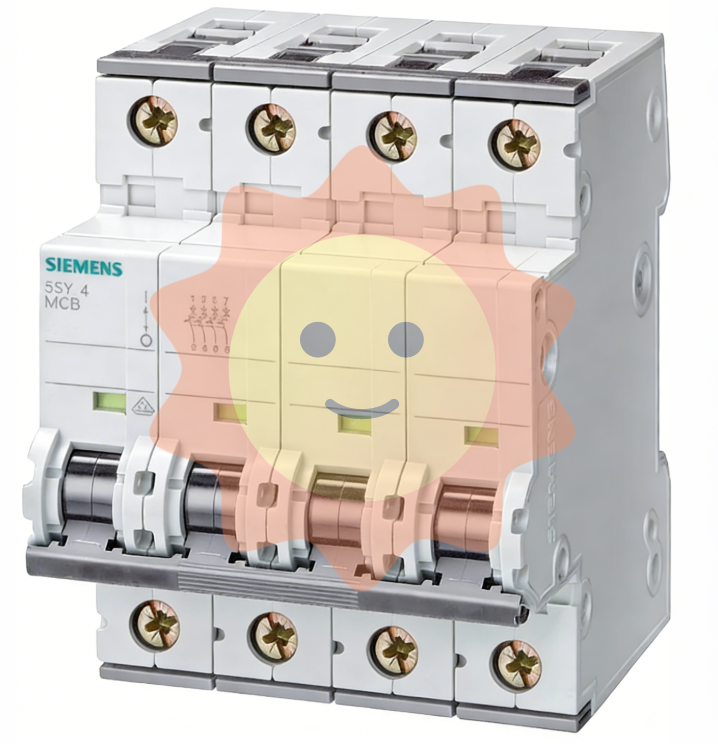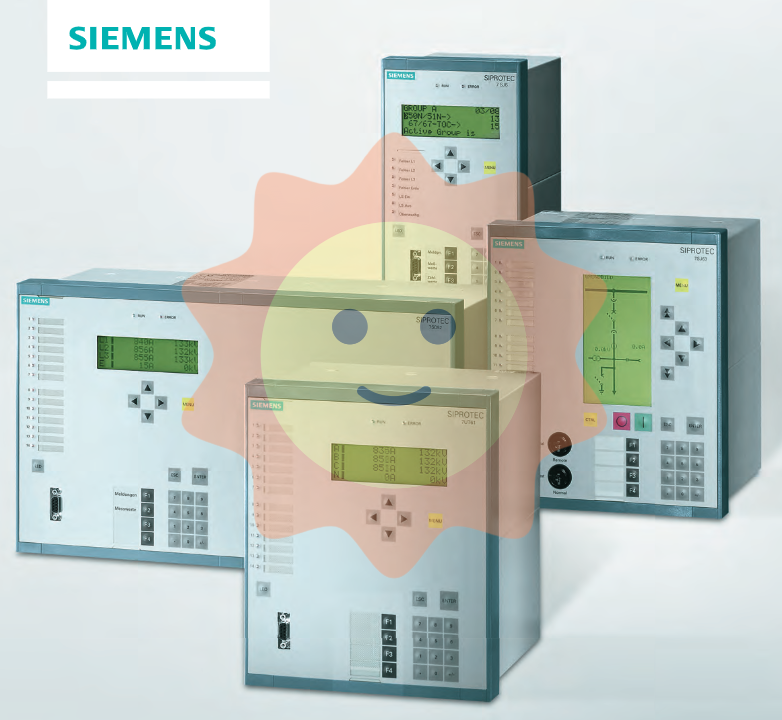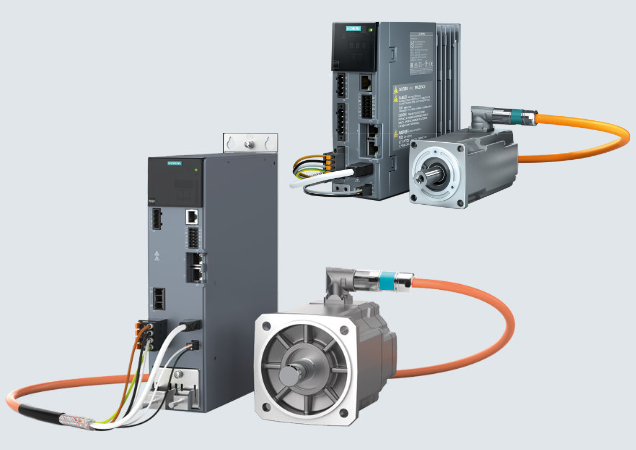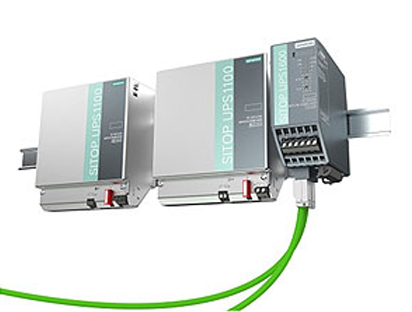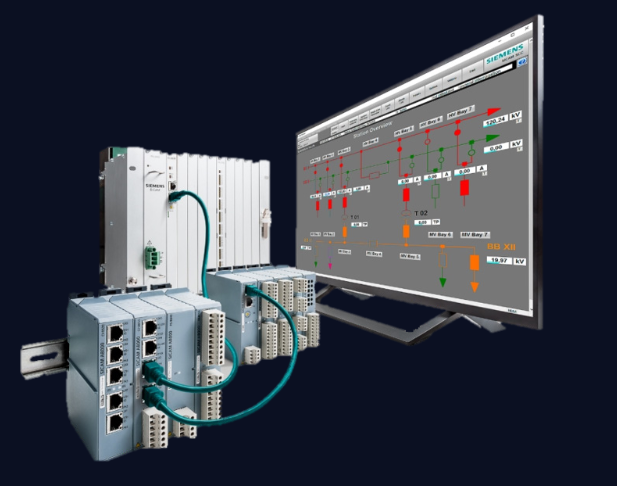ABB PFTL101B 20KN 3BSE004203R1 is a high-precision weighing and force measurement DCS module, belonging to the signal acquisition and processing component series in ABB industrial automation control systems. Its core value lies in accurately collecting, converting, and transmitting signals from weighing sensors or force sensors in industrial sites, providing reliable weight and force data support for DCS (Distributed Control System). It is a key hardware for achieving material measurement, force control monitoring, and other scenarios in process industries and manufacturing.
This module mainly undertakes the core task of "sensor signal reception data processing standard signal output". It can independently adapt to specific range weighing sensors and seamlessly integrate with mainstream DCS systems such as ABB AC800M and System 800xA, meeting the demand for real-time monitoring and closed-loop control of weight/force values in industrial production.
ABB PFTL101B 20KN 3BSE004203R1 DCS Module
Product core positioning
ABB PFTL101B 20KN 3BSE004203R1 is a high-precision weighing and force measurement DCS module, belonging to the signal acquisition and processing component series in ABB industrial automation control systems. Its core value lies in accurately collecting, converting, and transmitting signals from weighing sensors or force sensors in industrial sites, providing reliable weight and force data support for DCS (Distributed Control System). It is a key hardware for achieving material measurement, force control monitoring, and other scenarios in process industries and manufacturing.
This module mainly undertakes the core task of "sensor signal reception data processing standard signal output". It can independently adapt to specific range weighing sensors and seamlessly integrate with mainstream DCS systems such as ABB AC800M and System 800xA, meeting the demand for real-time monitoring and closed-loop control of weight/force values in industrial production.
Key technical parameters
Basic Information
Model: PFTL101B 20KN 3BSE004203R1 Origin: Sweden (partially assembled domestically) Type: Weighing/Force Measurement Signal Module
3BSE004203R1 is the product production code, and 20KN represents the maximum measurement range (20 kN) that the module is compatible with
Range and accuracy
Adaptive range: 0~20KN Measurement accuracy: ± 0.05% FS (full range) Resolution: 16 bits (binary)
FS refers to full scale, with accuracy parameters based on standard operating conditions (temperature 23 ℃± 5 ℃, humidity 45%~65%)
Signal input/output
Input signal: 4-wire weighing sensor signal (mV/V signal, usually 0-20mV/V) Output signal: 4-20mA DC analog/digital (Modbus RTU)
Supports single or dual sensor input, and the output signal can be selected through software configuration
Power parameters
Working voltage: 24V DC (± 10% fluctuation tolerance) Power consumption: Maximum 5W (during full load operation)
Industrial grade regulated power supply is required to avoid voltage fluctuations affecting measurement accuracy
Environmental adaptability
Working temperature: -10 ℃~60 ℃ Storage temperature: -25 ℃~70 ℃ Relative humidity: 10%~90% (no condensation) Protection level: IP20 (module body)
Suitable for indoor control cabinet installation, if used in dusty/humid environments, additional protective casing is required
Communication and Integration
Communication protocol: Modbus RTU (RS-485 interface), PROFIBUS DP (optional extension) Compatible systems: ABB System 800xA, AC800M DCS
Parameter settings (such as range calibration, filtering time, etc.) can be performed through DCS system configuration software
Core functions and design features
1. Core functions
High precision signal acquisition and conversion: Equipped with a low-noise signal amplification circuit, it can accurately collect weak mV/V signals output by weighing sensors, convert them into digital quantities through internal AD conversion (16 bit resolution), and then output standard 4-20mA analog or digital signals after calibration algorithm processing, ensuring the accuracy of measurement data.
Range calibration and zero adjustment: Supports manual or automatic range calibration, which can be calibrated by inputting standard weight/force values through the DCS configuration interface; Simultaneously equipped with zero drift automatic compensation function, it automatically corrects zero deviation and maintains measurement accuracy after temperature changes or long-term operation.
Fault diagnosis and alarm: Built in sensor disconnection detection, overvoltage protection, module overheating monitoring and other functions. When the sensor is open, the power supply is abnormal, or the module temperature exceeds 65 ℃, it will output a fault alarm signal (dry contact or digital alarm code), which is convenient for operation and maintenance personnel to quickly locate the problem.
Data filtering and stable output: Provides multi-level digital filtering function (adjustable filtering time from 0.1 to 10 seconds), which can suppress electromagnetic interference in industrial fields (such as interference generated by frequency converters and motors), making the output signal more stable and avoiding instantaneous fluctuations affecting control logic.
2. Design advantages
High compatibility design: supports multiple brands of 4-wire weighing sensors (such as HBM, Zemic, etc.) without the need for additional adaptation modules; Simultaneously compatible with mainstream ABB DCS systems, it can be directly connected to the system bus, reducing hardware adaptation costs.
Industrial grade reliability: Using flame-retardant PCB boards (compliant with UL94 V-0 standard), wide temperature range components, and electromagnetic interference resistance that meets IEC 61000-6-2 industrial environment standards, it can still operate stably under complex working conditions (such as power fluctuations and electromagnetic radiation).
Modular installation: adopting standard DIN rail installation method, with a small size (about 100mm × 80mm × 60mm), it can be densely installed in the control cabinet, saving installation space; The wiring terminal adopts a spring or screw design, which is firm and easy to maintain.
Convenient configuration and debugging: Through ABB Control Builder M or System 800xA configuration software, module parameters (such as range, filtering time, alarm threshold) can be remotely set without the need for on-site module disassembly, simplifying the debugging process.
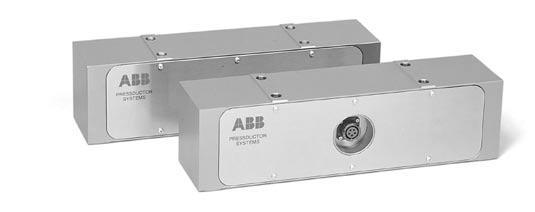
- User name Member Level Quantity Specification Purchase Date
- Satisfaction :
-











